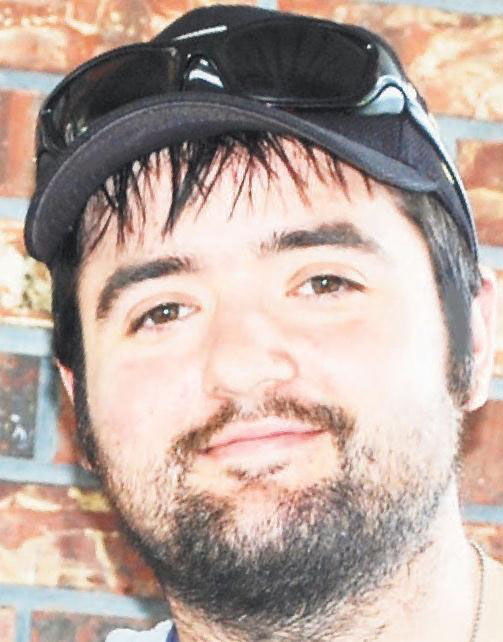First Amendment to the Constitution of the United States
October 4, 2016
Sports Picks are here!
October 4, 2016When the New York and New Jersey bomber, Ahmad Rahami, was questioned before his arrest, he pulled out a gun and shot an officer in the abdomen and later wounded another officer. The interesting thing about this arrest, the suspect has a gun, fired first, and was still taken in custody alive with only gunshot wounds to his legs and arm.
Compare this with recent shootings in Tulsa, Charlotte and El Cajon, California. It is not even clear whether these suspects had guns. Yet they were all killed. People have taken to the streets where these killings have taken to protest these fatal shootings by police officers.
These incidents, along with other high profile fatal shootings involving police in the past two years, have led some to ask the question – why do the police have to shoot to kill? Why not try to shoot to wound, instead? It worked with Ahmad Rahami; why not try to do it every time?
Guns are instruments of deadly force and should only be used when deadly force is absolutely necessary. They can be used to protect life when there is a threat to someone’s well-being. A firearm can inflict deadly force, and it should always be considered in that context.
To kill a human being, in whose image God is present, is a particularly serious sin. Only God is the master of life. Yet from the beginning of Christianity, faced with the many catastrophes in the lives of individuals and society, moral theologians have sought to give us a fuller and deeper understanding of what God’s commandment prohibits and allows.
How do we deal with God’s commandment “You shall not kill” and right of self-defense? In the first centuries of the church, murder was considered among the three most serious sins – along with renunciation of the faith and adultery. A lengthy public penance was required by the repentant murderer before forgiveness and readmission to the church community would occur.
The right to protect one’s own life and the duty not to harm someone else’s life is difficult to reconcile in practice. The intrinsic value of life and the duty to love oneself no less than others are the basis of a true right to self-defense.
Legitimate defense is not only a right but a grave duty for those responsible for the lives of others. The defense of the common good requires that any unjust aggressor be rendered incapable of causing harm. Consequently, those who legitimately hold authority also have the right to use arms to stop aggressors from harming the civil community entrusted to their responsibility.
The legitimate defense of persons and societies is not an exception to the prohibition against the murder of the innocent that constitutes intentional killing. “The act of self-defense can have a double effect: the preservation of one’s own life, and the killing of the aggressor … One is intended; the other is not.” (St. Thomas Aquinas)
Love toward oneself remains a fundamental principle of morality. Therefore, insisting on respect for one’s own right to life is legitimate. Those who defend their lives are not guilty of murder even if they are forced to deal the aggressor a lethal blow.
However, St. Thomas Aquinas also says, “If a person in self-defense uses more than necessary violence, it will be unlawful. However, if he repels force with moderation, his defense will be lawful.” In other words we should try to use every means possible to stop the aggressor with taking a life.
The recent incident in El Cajon is most troubling. A woman calls the police and tells them that her brother is mentally ill and needs to be restrained. The police arrive and end up killing the man. Killing a mentally disturbed person is not the way to win the confidence of the black or white community. So we have to ask, were all these acts of killing young black men by the police really self-defense or were they unlawful because they used unnecessary force?






